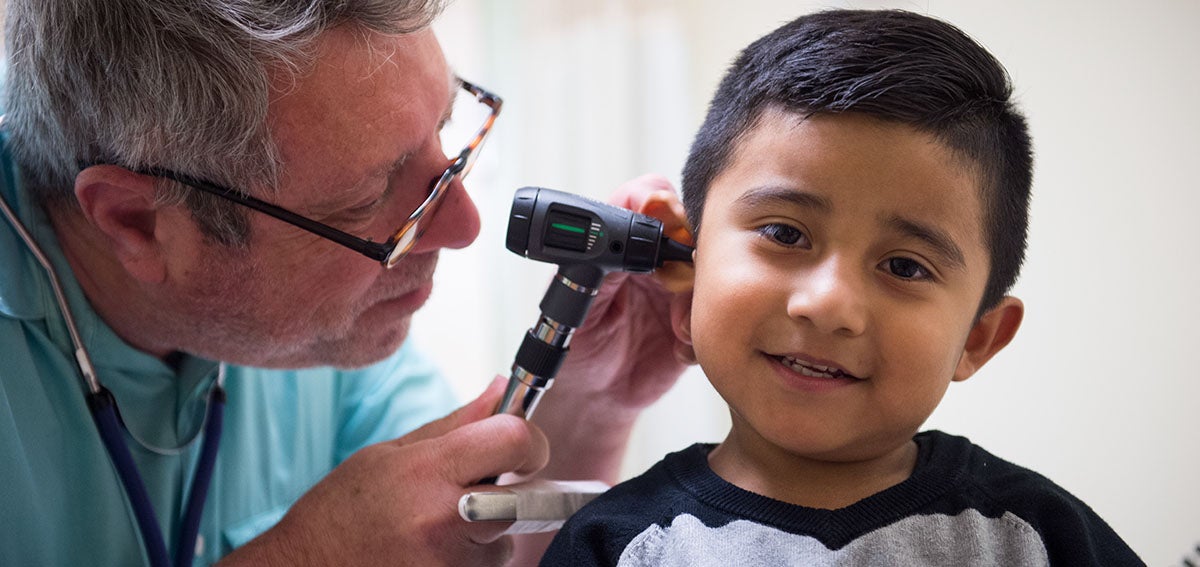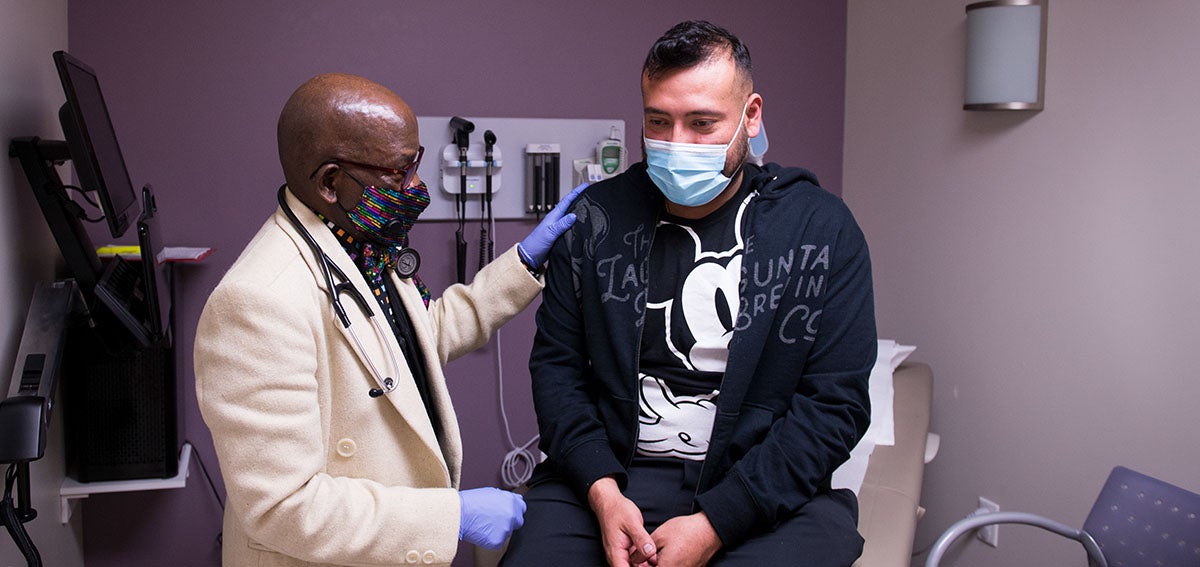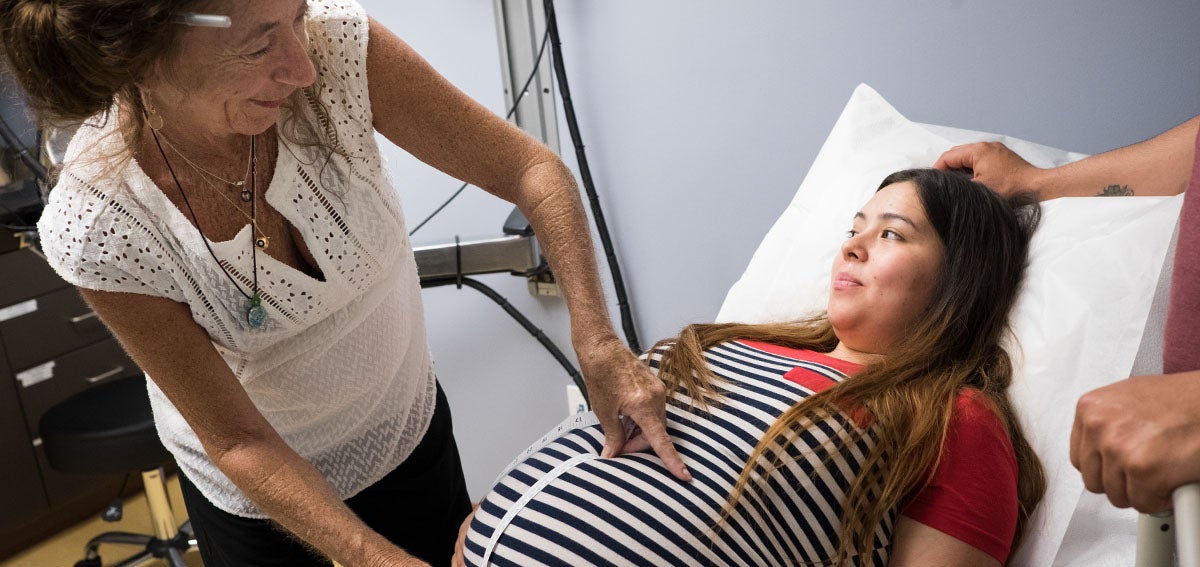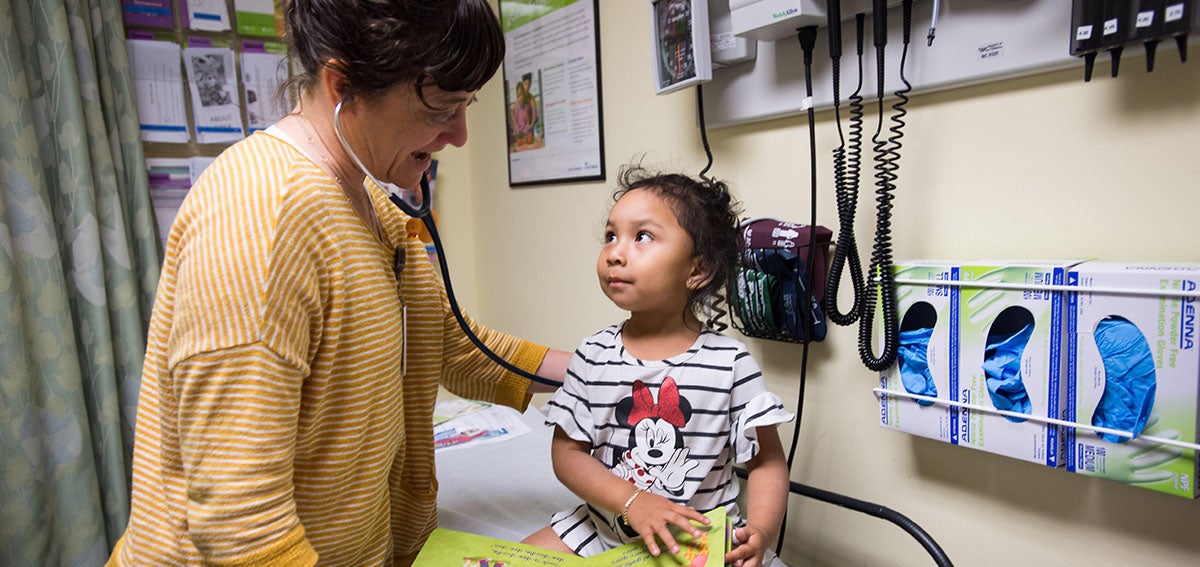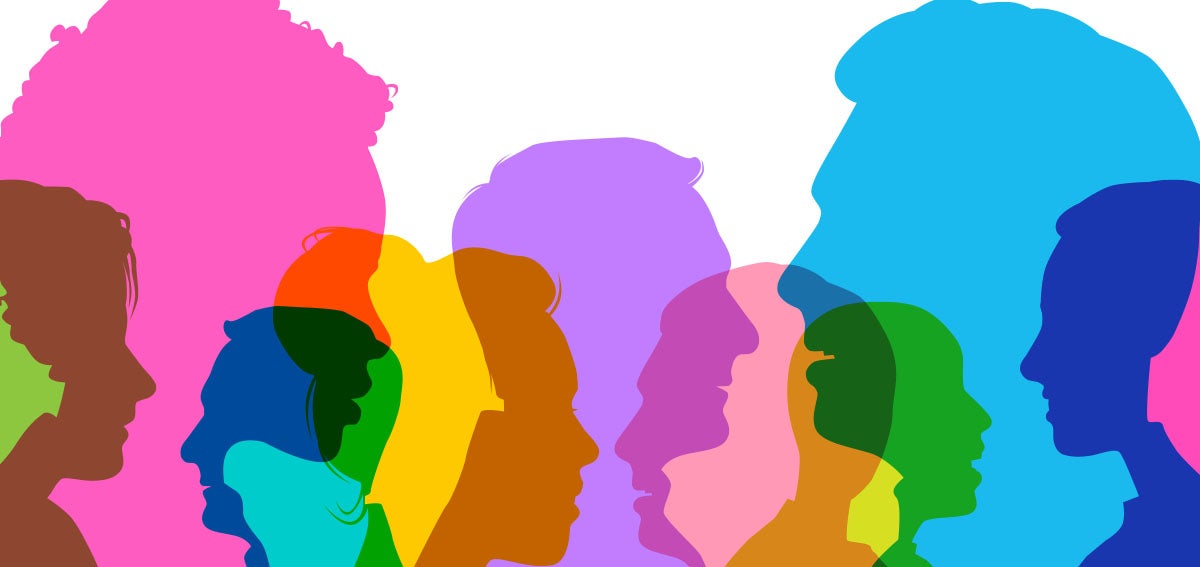
California enters a new decade facing significant uncertainty and change in its health care system. The state is actively considering the merits and feasibility of moving toward a single-payer system. Medi-Cal officials are crafting ambitious reforms for a program that touches many California families. Industry groups are contemplating the consequences of a $500 million settlement between state Attorney General Xavier Becerra and Sutter Health, Northern California’s largest health system. Meanwhile, record numbers of Californians are living on the streets, a constant reminder of the major gaps in our safety net.
At this extraordinary moment, it is helpful to know how Californians are experiencing the health care system and what they want policymakers to prioritize when fixing it. With that in mind, the California Health Care Foundation and SSRS, a national survey research firm, conducted a representative, statewide survey of California residents between November 18 and December 30, 2019. See the complete set of survey results and toplines.
There are many noteworthy findings. Here are five that stand out for me:
1. People find it more difficult to pay for health care — and they’re getting sicker as a result.
Compared to last year, more Californians say they are worried — in many cases very worried — about paying for all kinds of health care costs, including unexpected medical bills, out-of-pocket expenses, prescription drugs, and health insurance premiums.
Their worries reflect a painful reality: Half of Californians, including 49% of those with health insurance membership cards, say they delay or skip care because of the cost. About one-fifth of Californians say their condition got worse because they had to delay or skip care they couldn’t afford.
These worries and experiences help explain why more than 80% of Californians say they want the governor and the state legislature to prioritize making health care more affordable this year.
2. Ensuring access to mental health is still Californians’ number one health policy priority.
For the second consecutive year, California residents say ensuring that people with mental health problems can get treatment is the most important health care issue for state officials to tackle in 2020. This is “extremely important” or “very important” to 90% of state residents, including very strong majorities of Republicans, Democrats, and Independents.
One factor driving widespread concern about mental health may be the frustration many Californians experience as they seek out mental health treatment for themselves. Among those with insurance who tried to make an appointment for mental health care in the past 12 months, nearly half say they found it “very difficult” or “somewhat difficult” to find a provider who accepted their insurance. About half of those who tried to make an appointment (with or without insurance) believe they waited an unreasonable period to get one.
3. Californians see a link between mental health and homelessness.
Like a recent survey (PDF) by the Public Policy Institute of California, we found addressing homelessness to be a top priority among Californians. For our survey, we wanted to understand how people see the link between homelessness and mental health. More than 80% of Californians say they believe there is a relationship between the two, although opinions differ on whether mental health problems are more likely to cause a person to become homeless or more likely to be a consequence of homelessness.
Nonetheless, there is strong bipartisan support in California for giving communities more tools to connect people experiencing homelessness to mental health care and other social services. This idea is favored by more than 90% of Californians, including very strong majorities of Republicans, Democrats, and Independents.
4. Medi-Cal remains extremely popular, but it needs improvement.
Consistent with our findings from last year, Californians give very strong, bipartisan support for Medi-Cal. Ninety-one percent say the program is important to the state, and 60% view it as personally important for themselves and their families. Backing for the program remains strong across income levels, party affiliations, insurance types, and racial and ethnic groups.
Our survey reveals several improvements that Californians want Medi-Cal to pursue. One problem is wait times: 42% of respondents with Medi-Cal report what they think of as unreasonably long waits to get an appointment with a health care provider. And 72% of respondents support changing the way doctors and hospitals are paid by basing payments on health outcomes instead of the volume of services.
5. Uninsured Californians worry about whether health care coverage will hurt their immigration status.
As the Healthy California for All Commission begins its deliberations on a path toward universal coverage in the state, there is widespread support for ensuring all Californians have health insurance. More than 80% consider universal access to coverage an “extremely important” or “very important” policy priority in 2020. While support was strongest among Democratic and Independent respondents, more than half of Republicans also said universal coverage was an important priority.
One barrier to achieving universal coverage may be a climate of fear. Over one-third of uninsured adults in California worry that signing up for health insurance will draw attention to their or a family member’s immigration status. This finding suggests that anti-immigrant policies — like the Trump administration’s new federal public charge rule — may be discouraging Californians from signing up for coverage. CHCF recently shared several tools for organizations and agencies assisting immigrants to understand the implications of the federal rule.
Authors & Contributors



